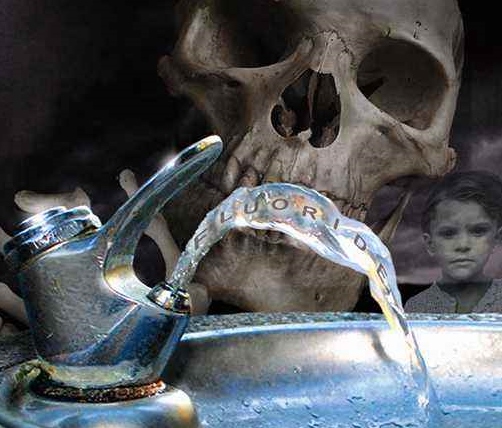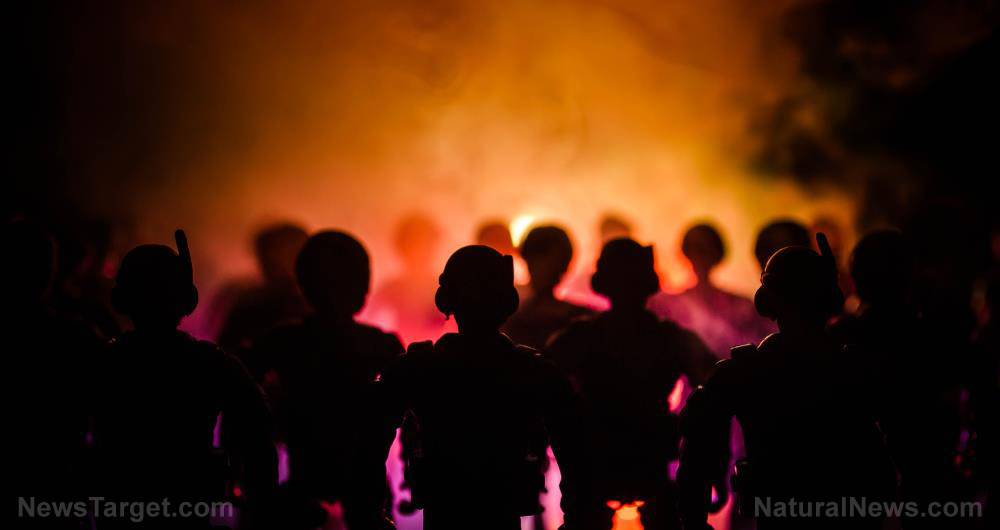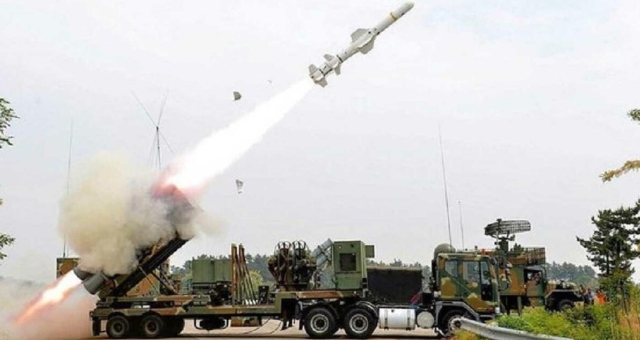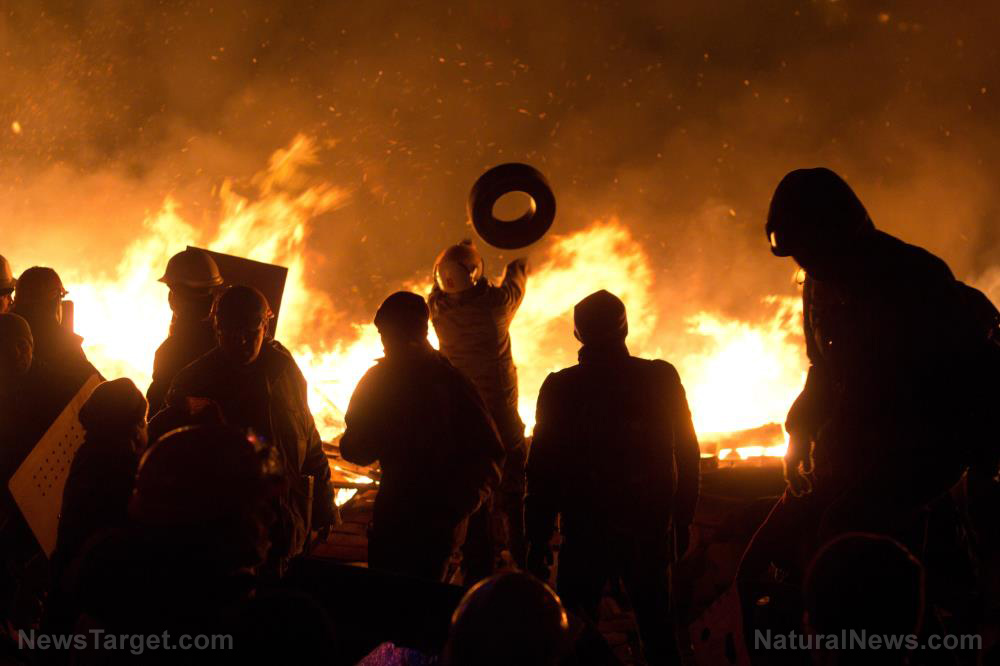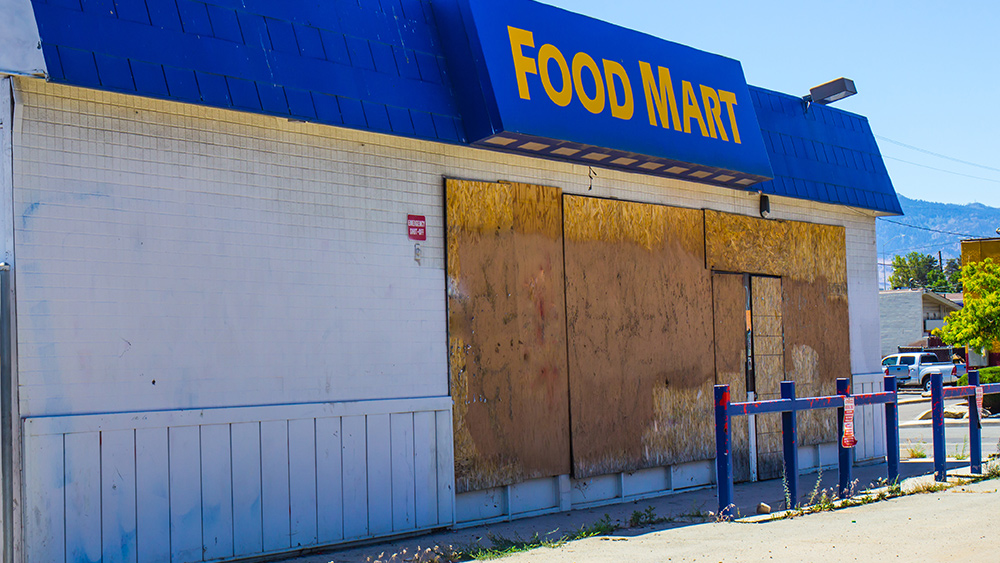
Japanese Prime Minister Fumio Kishida has asked his industry minister to have up to nine nuclear reactors operational this winter as he warned of a potential energy crunch.
Kishida announced this move on Thursday, July 14, during a news conference as part of measures to deal with rising energy prices worldwide.
"There are concerns about a power shortage this winter," said Kishida. "We must prevent this situation."
Japan's Ministry of Economy, Trade and Industry said it will do what it can to get nine nuclear reactors operational by winter. These reactors will cover roughly 10 percent of Japan's power consumption and will help reinforce the country's energy supply during peak hours.
Japan is currently struggling with tight electricity supplies due to the retirement of older power plants and extreme weather. The ministry has issued at least two energy warnings this year, once in March and again on June 27. The most recent warning was about the country's tight power supply during the heat wave.
In addition to the nine nuclear reactors, Kishida has also ordered that an additional 10 thermal power plants need to be in operation for the winter.
"If these measures are realized, we will be able to secure the largest amount of electricity supply capacity we've had compared with the past three years," said Kishida.
Long way to go before more nuclear reactors restart operations and produce power for Japan
Since the Fukushima nuclear disaster in 2011, Japan has only allowed 10 of its 33 operable nuclear reactors to restart operations. But rising energy prices and the threat of energy shortages during extreme weather, including the current heat wave Japan is experiencing, have pushed the government to reactivate more. (Related: Nuclear ground zero Fukushima remains largely abandoned ten years on.)
Kishida has been ratcheting up his rhetoric regarding the country's use of nuclear power. He has requested that the ministry speed up its restarts for facilities that have cleared safety reviews. Unfortunately, the central government in Tokyo doesn't actually have a lot of authority regarding when the nuclear reactors can resume operations, since there is a rigorous regulatory process that must be followed before they can restart operations.
Of the 10 reactors that are allowed to restart, only five are actually providing the country with power, with one slated to go offline for the winter to undergo necessary safety reviews.
Economy and Industry Minister Koichi Hagiuda indicated that he plans to meet the prime minister's goal of having nine reactors online and producing power for the winter by reviewing their current construction plans. These reactors are being restored to meet new safety standards that are required prior to restarting operations.
Hagiuda added that he will also examine their plans for regular inspection periods, which shut down the reactors for weeks at a time. "We'll place the highest priority on safety," he said. "If the Nuclear Regulation Authority approves their restart, we'll proceed."
The minister added that the central government will start consultations with local communities to seek their approval for restarts.
Learn more about energy crises around the world at NewEnergyReport.com.
Watch this video of the "Health Ranger Report" as Mike Adams, the Health Ranger, talks about the energy crisis in Europe.
This video is from the Health Ranger Report channel on Brighteon.com.
More related articles:
Sources include:
Please contact us for more information.














